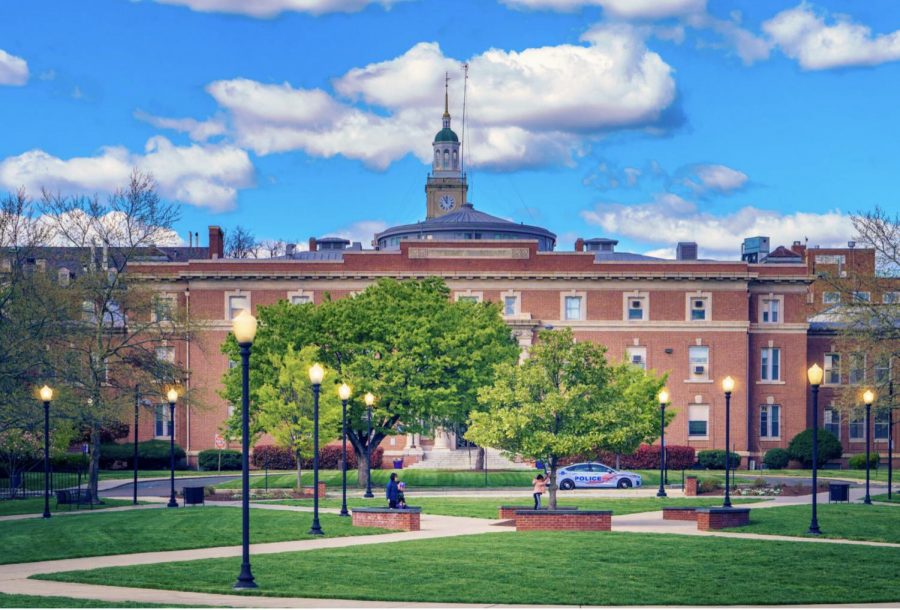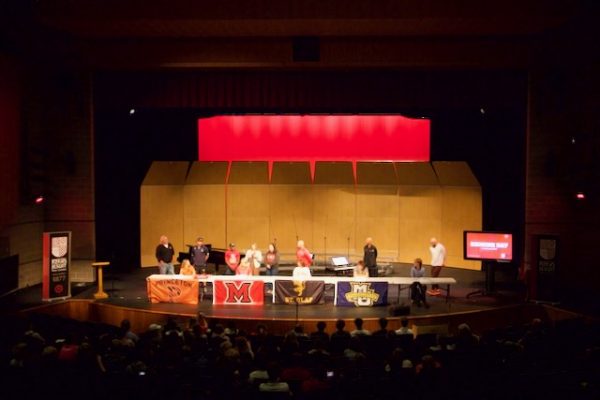Minority Institutions Suffering Due to Funding Cuts
Biden Administration cuts funding on new spending plan to HBCUs and MSIs
Howard University’s beautiful exterior hides the current turmoil caused by funding cuts.
The latest version of Biden’s spending plan decreased its funding Historically Black Colleges & Universities (HBCUs) and other Minority serving institutions (MSIs), which were expected to receive $45 billion dollars but are now having to compete for only $2 million in grants.
HBCUs and MSIs help educate minority populations, making them feel more comfortable in a learning environment specifically catered to them. These institutions provide a respite from the bias, micro aggressions, and flat out racism of Predominantly White Institutions (PWIs).
Dr. Micheal L. Lomax, the CEO of United Negro College Fund (UNCF), the nation’s largest minority scholarship institution, says people wonder if these institutions are still needed.
“Let me tell you emphatically why the answer is a resounding, ‘yes,’” Lomax said.
While the Biden administration has not directly cut the funding towards HBCUs and MSIs, they are instead not supplying the funds asked for, and if they do it will turn into a competitive grant. Only certain schools would receive this money all depending on test scores, graduation rates, etc.
Derek Major, an author for Black Enterprise, believes this new administration is more concerned with appearances than actual day-to-day support of HBCUs.
“When it comes to protecting the people that are here, and Black issues, clearly they’re not meeting us … unless media presence or unless everyone is watching,” Major said.
Major asserts funding is needed now more than ever in the wake of COVID-19.
“We used the funds that we received to serve the students that we have, and now we’re asking for additional funds to make sure that when we are on the other side of this global pandemic, our institutions will be bigger and better and more resilient,” he said.
HBCUs and MSIs are working to give an excellent college education to minorities who are disproportionally in thrust into poverty by systemic racism.
Justine Jablonska, an editor and author at McKinsey and Company, found a consistent difference in salaries between minorities and white folks.
“According to our research, Black Americans in the workforce earn a median annual wage that is approximately 30 percent, or $10,000, lower than that of White workers,” Jablonska said.
Major, among others, sees this wage gap as a key reason we need better funding for minority-serving institutions.
“If you don’t start at the same place, then you’re always going to be behind. And when there’s such disparity over time, you usually can’t catch up.”





